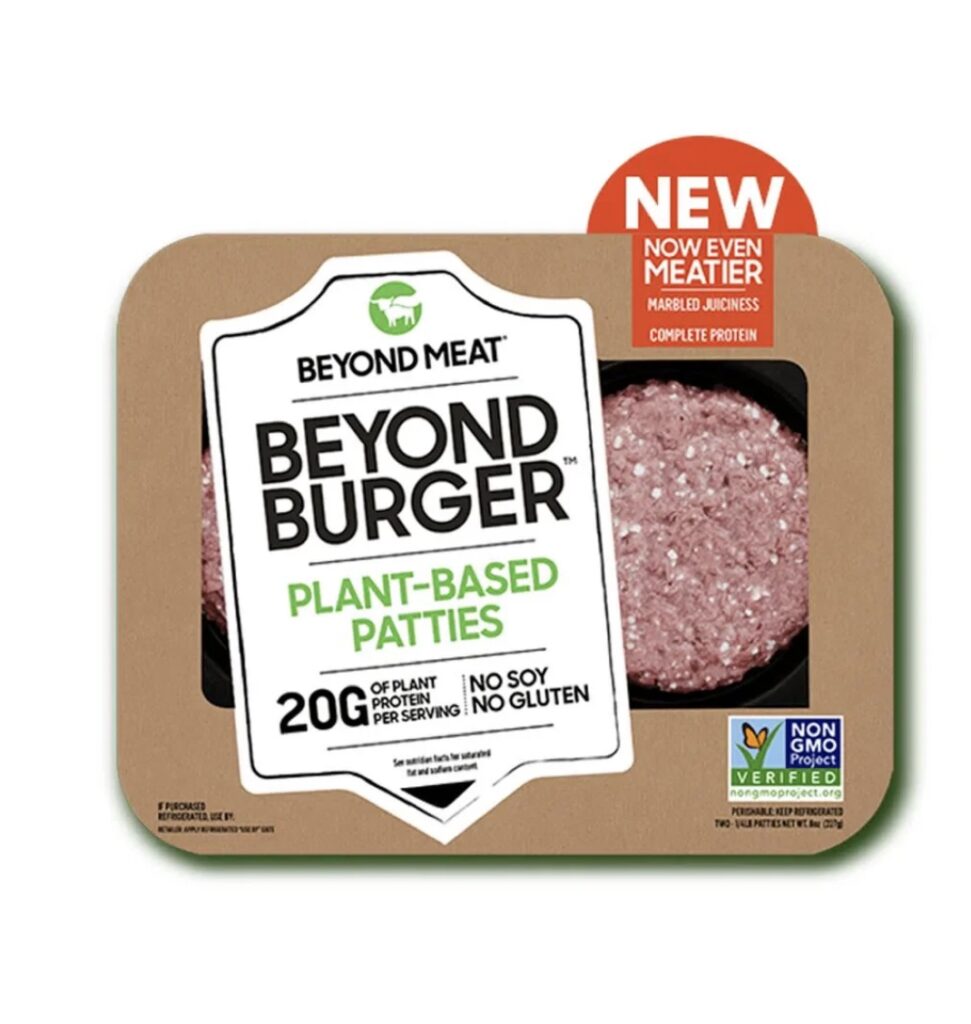If you ever thought vegetarians were an unhappy lot, you could be right—and science has proof. A new study from the University of Surrey just threw a Beyond Burger into the debate over whether plant-based diets are all sunshine, rainbows and windfarms. Spoiler: if you’re loading up on those fake meat sausages, the answer might be “not so much.”
In the first-ever study of its kind, researchers found that vegetarians who chow down on fake meat, or plant-based meat alternatives (PBMAs), could face a whopping 42% higher risk of depression compared to their green-eating comrades who skip the fake meats. Yup, those ultra-processed “facon” rashers might be messing with more than just your taste buds.

So, What’s the Beef with Fake Meat?
The study, published in Food Frontiers, dug into data from the UK Biobank and revealed that fake meat enthusiasts weren’t exactly living their best lives. While their sodium, sugar, and saturated fat intake wasn’t much different from other vegetarians, the PBMA crowd showed higher blood pressure, elevated C-reactive protein (a marker of inflammation), and lower levels of apolipoprotein A (a protein linked to “good” cholesterol). Not exactly what you’d expect from a “healthy” swap. The silver lining? PBMAs were linked to a 40% lower risk of irritable bowel syndrome (IBS)—so hey, at least your gut might thank you, even if your mood doesn’t.
The Experts Weigh In
Professor Nophar Geifman, one of the study’s authors, kept it balanced:
“The overall findings are reassuring, suggesting that plant-based meat alternatives may be a safe option when they are part of an overall balanced diet. However, the potential link between these types of food, inflammation, and depression warrants further investigation.”
In other words, if you’re hitting soy sausages every day like they’re going out of stock, it might be time to rethink your meal plan.
Professor Anthony Whetton, another researcher, chimed in with some eco-positivity:
“Ultra-processed plant-based meat alternatives can be a useful way for people to transition to a vegetarian diet effectively, and that helps with sustainable agricultural practices.”
But he also admitted we need more diverse and long-term research to nail down the truth.
The Bottom Line?
Fake meat might help you save the planet but at what cost to your sanity? If you’re feeling down after that soy sausage breakfast, maybe it’s time to reconsider your vegetarian strategy. After all, no one’s crying over a big bowl of lentils, right?




